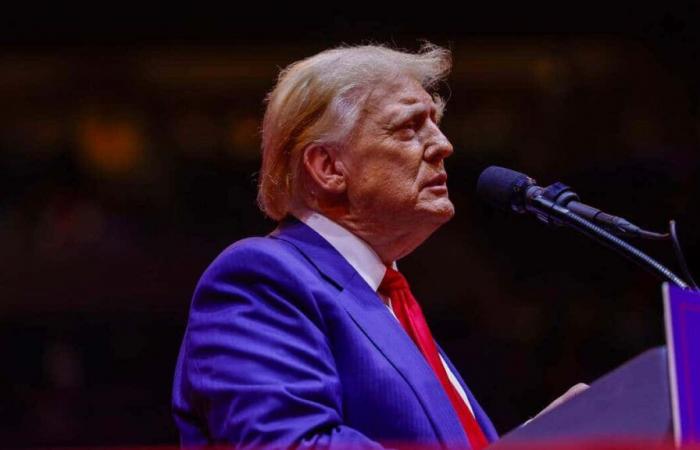The election of Donald Trump as head of the United States has plunged America’s allies into disarray, particularly the Europeans. European democracies are losing their best ally. They are therefore obliged to rethink the general organization of their defense as well as their relations with the countries which threaten them, first and foremost with Russia and China.
1) How has the United States’ alliance with Europe evolved?
Since the Second World War, the alliance between Europe and the United States seemed unwavering. American leaders had promised protection against attacks from the Soviet camp, including nuclear attacks. Only France and the United Kingdom had concluded that this alliance was not as extensive as the American government claimed, and these countries had acquired nuclear weapons. In 1969, with the Nixon Doctrine, the United States reduced its military commitments to its allies, while continuing to promise them military financing and the protection of the American nuclear umbrella. Trump gives the impression of going even further and of no longer guaranteeing anything.
2) What would the absence of American military guarantees change?
The absence of military guarantees from the United States to its allies would completely change the international situation. No one among the allies knows whether Trump plans to leave the United States in NATO. The short-term financial cost-benefit approach favored by Trump risks forcing America’s allies to change their alliances. The movement has already started, for example with the new defense treaty concluded between the European Union (EU) and Japan. A defense treaty from which the United States is excluded.
3) How does Trump’s return affect relations between Europe, China and Russia?
The uncertainty that Trump leaves hovering is a boon for powers hostile to democracies. Member countries of the European Union are wondering to what extent they should or should not forge new relations with China and Russia. The likely imposition of new US tariffs on European democracies would place these countries in a delicate position. On the one hand, sanctions against Russia have hurt them, and on the other hand, China’s exports are increasingly attacking the heart of the European economy.
4) How can the EU strengthen its defense system?
The crux of the problem is the military defense system of democratic Europe. It is NATO that guarantees the security of European democracies. The United States accounts for approximately 2/3 of NATO’s budget. Suffice it to say that without them, NATO would no longer exist. EU member countries have decided to substantially increase their shares of joint military purchases by 2030 (40%) and their shares of European purchases by 2035 (60%). But it’s too little too late. Faced with Trump’s threats, EU members seem condemned to significantly and rapidly increase their military spending. Expenditures which reach 240 billion euros per year. These new expenses will have significant repercussions on the standard of living of Europeans and therefore on political struggles.
5) Will the EU be able to overcome this crisis?
While European solidarity should come into play more than ever, due to weakening ties with the United States, most European countries face extremist forces tearing them apart. If Europe does not regain its cohesion, Russia and China will emerge winners. Unfortunately, as Viktor Orban shows, some leaders are easily bought.






